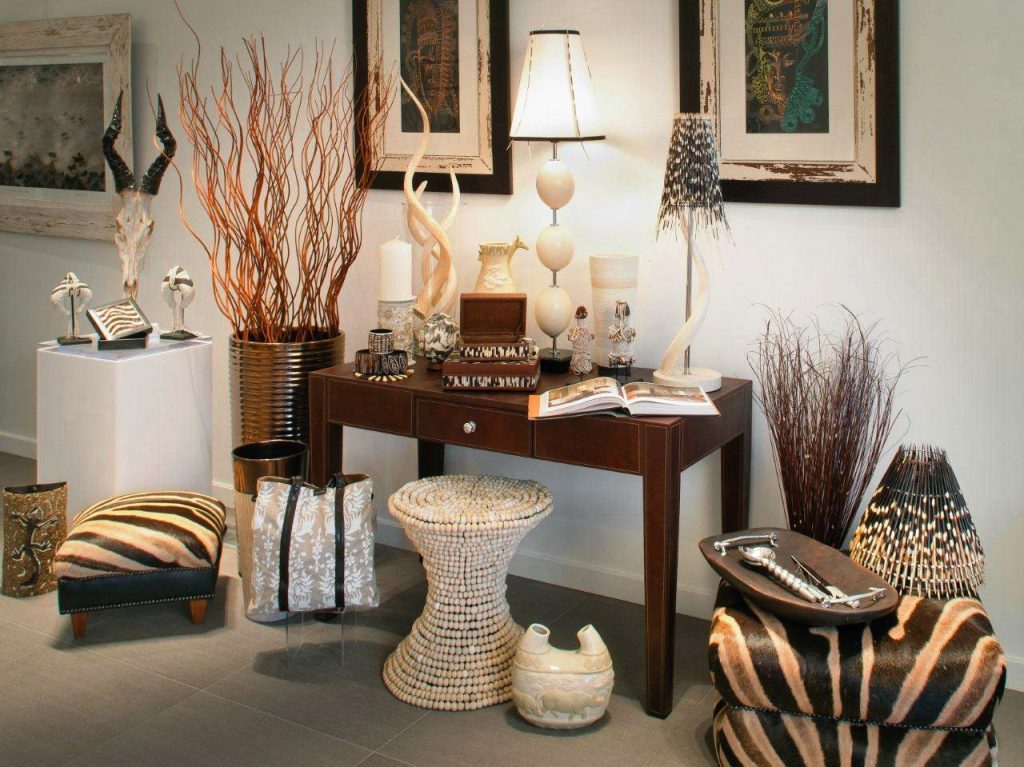Introduction to Home Decor Jobs
Home decor jobs encompass a wide range of roles that cater to the aesthetic and functional aspects of residential spaces. From interior designers to home stagers, this industry offers numerous pathways for those with a passion for creativity and design. My journey into home decor started when I redesigned my own living space—an experience that ignited my love for transforming homes.
Understanding the Home Decor Industry
What Are Home Decor Jobs?
Home decor jobs refer to professional roles that involve designing, staging, and styling homes to enhance their visual appeal. Most importantly, these roles help individuals create spaces that reflect their personalities and lifestyles.
Common Roles in Home Decor
- Interior Designer
- Home Stager
- Color Consultant
- Furniture Designer
- Home Decor Retail Manager
- Visual Merchandiser
- Freelance Decorator
Career Paths in Home Decor
1. Interior Designer
Interior designers work with clients to create functional and aesthetically pleasing interiors. This role typically requires a degree in interior design and a strong understanding of architecture, space planning, and color theory.
Pros and Cons:
| Pros | Cons |
|---|---|
| Creative freedom and expression | High competition in the industry |
| Diverse range of projects | Client expectations can be demanding |
| Potential for high earnings | Long hours and tight deadlines |
2. Home Stager
Home stagers prepare homes for sale by enhancing their appearance and showcasing their potential to buyers. This role involves creating inviting environments that help properties sell faster and for higher prices.
Pros and Cons:
| Pros | Cons |
|---|---|
| Quick turnaround projects | Income can be inconsistent |
| Work with real estate professionals | Requires strong marketing skills |
3. Color Consultant
A color consultant specializes in selecting color palettes for interiors and exteriors. This role is perfect for those with a good eye for color and a keen sense of trends.
4. Furniture Designer
Furniture designers create custom pieces that fit specific styles or needs. A background in woodworking or industrial design can be beneficial in this field.
5. Home Decor Retail Manager
Retail managers oversee stores that sell home decor items. They are responsible for merchandising, staff management, and sales strategies to enhance customer experience and drive profits.
6. Visual Merchandiser
Visual merchandisers create appealing displays for retail spaces to attract customers. This role requires creativity and an understanding of consumer behavior.
7. Freelance Decorator
Freelance decorators work independently, providing services to clients on a project-by-project basis. This role offers flexibility but requires strong self-management skills.
Skills Required for Home Decor Jobs
Essential Skills
- Creativity and Imagination
- Strong Communication Skills
- Attention to Detail
- Knowledge of Design Software (e.g., SketchUp, AutoCAD)
- Understanding of Color Theory and Trends
- Project Management Skills
How to Get Started in Home Decor
1. Education and Training
Many roles in home decor require a formal education. Consider pursuing a degree in interior design, architecture, or a related field. Additionally, online courses and workshops can provide valuable hands-on experience.

2. Build a Portfolio
A strong portfolio showcasing your design projects is essential for attracting clients and employers. Include photographs, sketches, and client testimonials to demonstrate your skills and style.
3. Networking and Professional Associations
Networking is crucial in the home decor industry. Attend industry events, join professional organizations, and connect with other professionals through social media platforms like LinkedIn and Instagram.

4. Gaining Experience
Consider internships or entry-level positions to gain practical experience. Working under established professionals will help you learn the ropes of the industry and develop your skills.
Trends in Home Decor Jobs
Eco-Friendly Design
Sustainable and eco-friendly design is gaining popularity as more clients seek to incorporate environmentally conscious practices into their homes. Familiarizing yourself with sustainable materials can set you apart in the job market.

Smart Home Integration
As technology advances, homeowners are looking for ways to integrate smart devices into their decor. Understanding smart home technology can be a valuable asset for future home decor professionals.
Comparison of Home Decor Job Roles
Comparison Table
| Role | Average Salary | Required Education | Job Growth Rate (2021-2031) |
|---|---|---|---|
| Interior Designer | $57,000 | Bachelor’s degree | 8% |
| Home Stager | $45,000 | Certification | 5% |
| Color Consultant | $50,000 | Certification | 6% |

FAQs About Home Decor Jobs
1. What qualifications do I need to work in home decor?
While not all roles require formal education, a degree or certification in interior design or a related field can significantly enhance your job prospects. Many positions also value hands-on experience and a strong portfolio.
2. How can I find home decor jobs?
Job boards such as Indeed, Glassdoor, and LinkedIn often list home decor jobs. Networking within industry groups and attending events can also be effective ways to discover job opportunities.

3. What is the salary range for home decor professionals?
Salaries vary widely based on the specific job role, experience, and location. Generally, interior designers can earn between $45,000 and $100,000 annually, while home stagers may earn between $30,000 to $70,000.
4. Are home decor jobs in high demand?
The demand for home decor professionals is steadily growing as more people invest in their living spaces. However, competition can be fierce, particularly in urban areas.

Conclusion
Home decor jobs offer a fulfilling career path for those passionate about design and creativity. With various roles to explore, you can find a niche that suits your skills and interests. Whether you’re just starting or looking to advance your career, embracing continuous learning and networking will help you thrive in this dynamic industry.